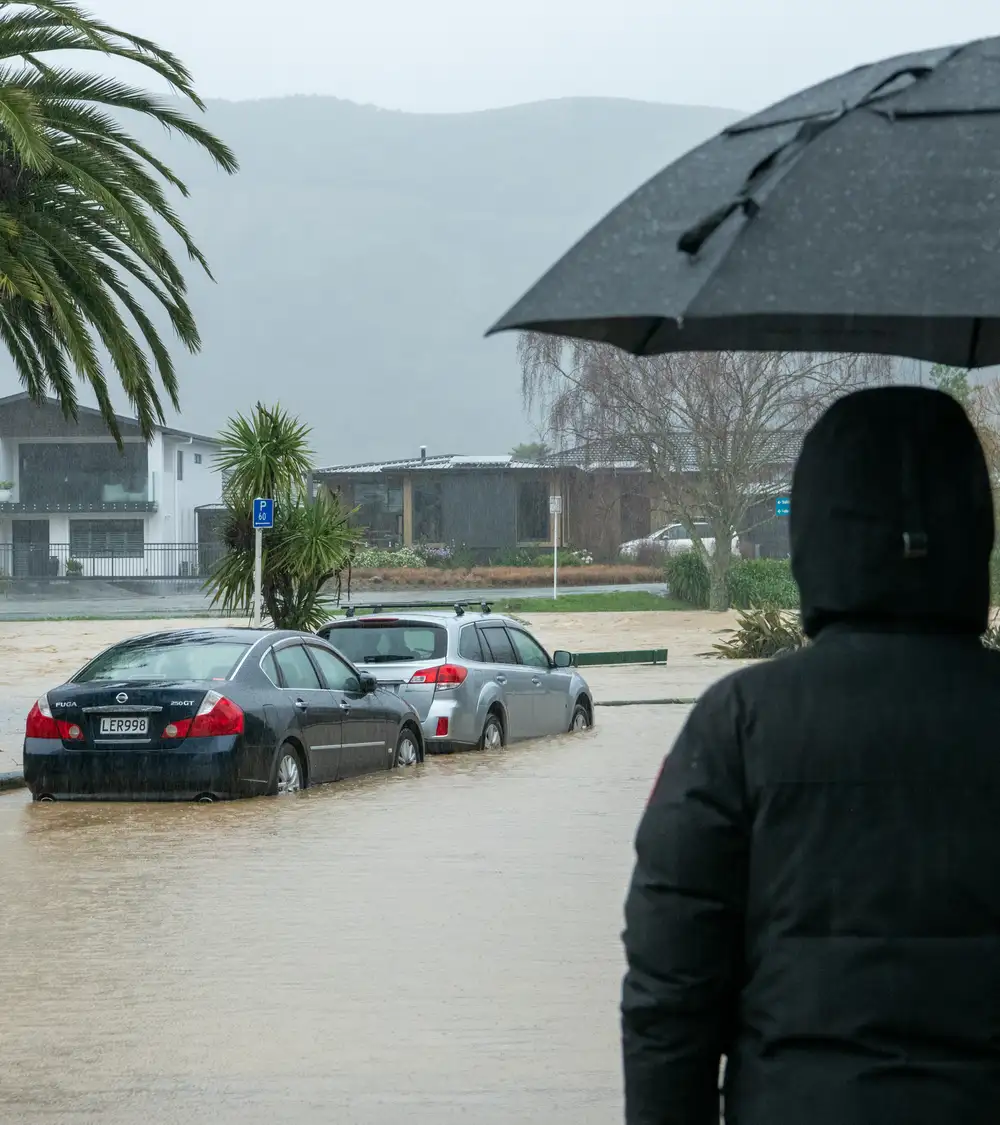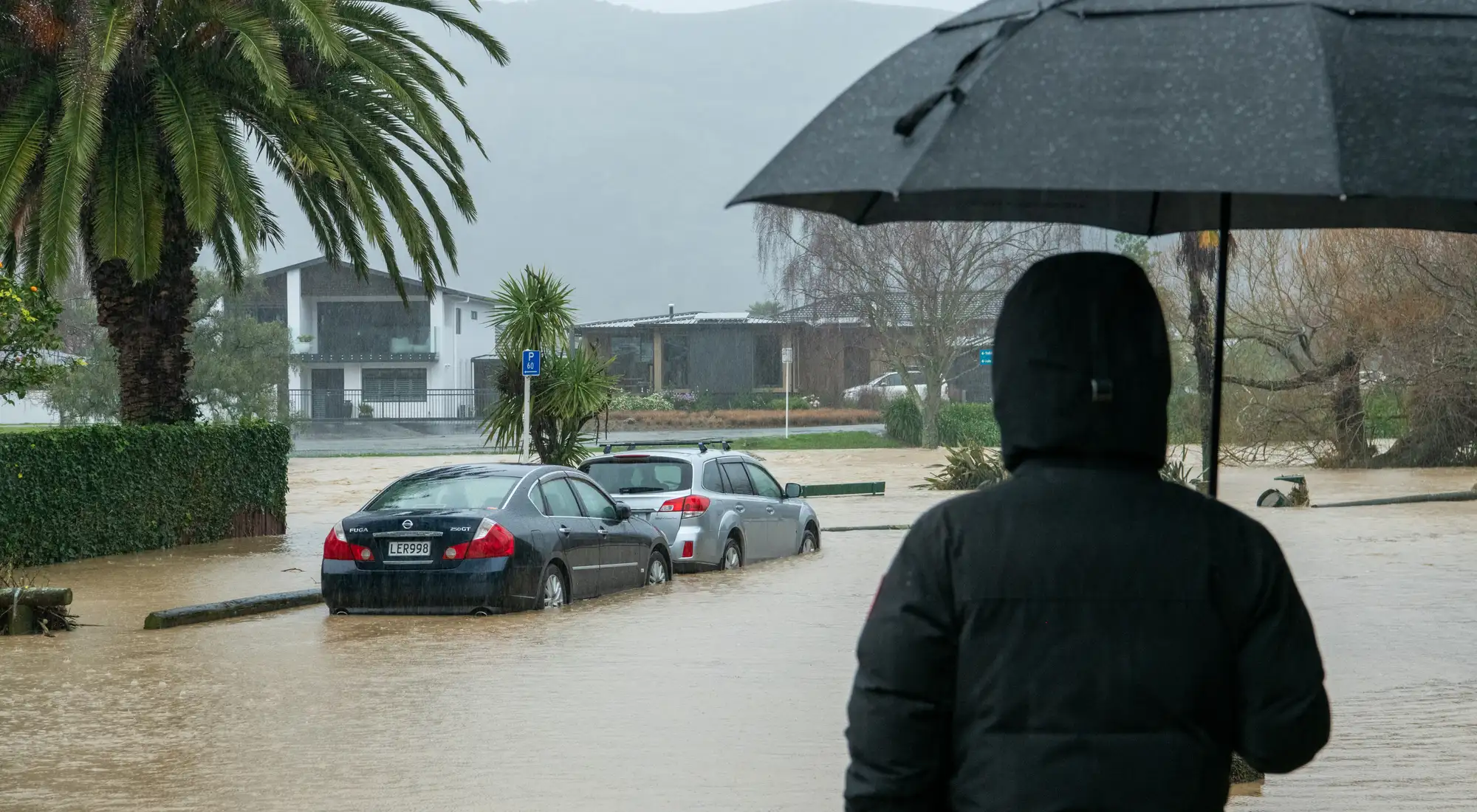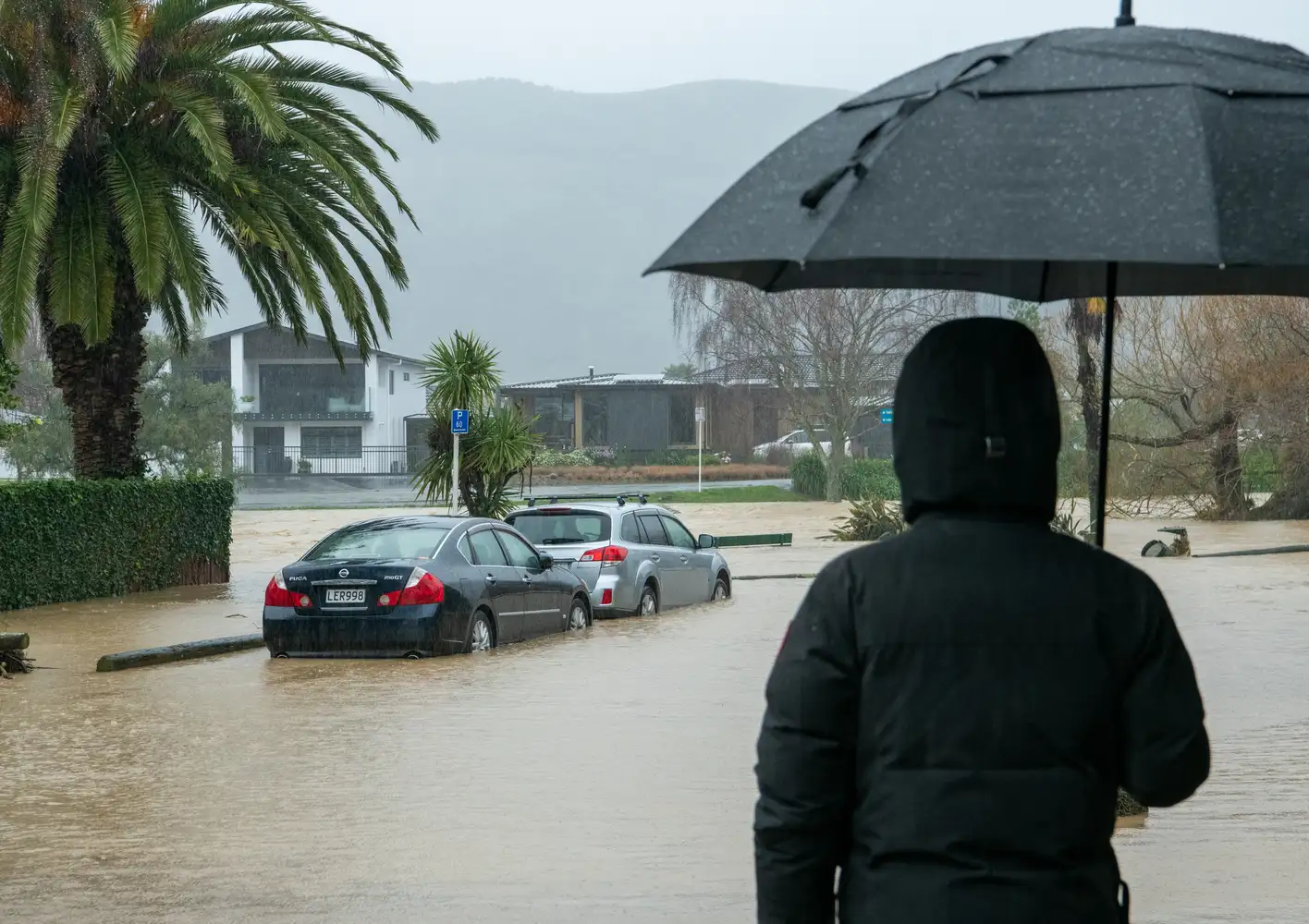Emergency management reforms ‘timely’ – LGNZ



10 October 2024
LGNZ says the moves to overhaul New Zealand’s emergency management system are timely and much needed, as communities continue to suffer from the devastating impacts of flooding, cyclones and other major weather events.
Today the Government released its response to the Inquiry into the North Island Severe Weather Events, led by Sir Jerry Mateparae. This report covered three key weather events in 2023: Cyclone Hale; the heavy rainfall in Auckland, Bay of Plenty and Northland; and Cyclone Gabrielle. It concluded the current Emergency Management system is not set up to effectively respond to significant and widespread emergencies.
The response accepts all of the 14 high-level recommendations in the report, including a recommendation that councils are set up to deliver a consistent minimum standard of emergency management across the country.
“Councils are at the forefront of disaster management and recovery. We are pleased these changes will ensure that responses to natural disasters will continue to be locally led and driven,” says LGNZ President Sam Broughton.
“Councils also recognise the need for having minimum standards of emergency management in place to support this approach. NEMA playing a greater role in supporting councils in training and practical guidance, and clarifying roles and responsibilities is a good first step in driving a better system.
“However, as noted in the response, this will add costs to local government – with many councils already under funding pressure. We want to work with Government to address these new costs, either through new direct funding or mechanisms such as a levy for emergency management collected through insurers.
“This is an issue for us as often it’s the same communities repeatedly impacted by major weather events, putting a huge strain on what is generally a small ratepayer base.
“Places like Tairawhiti experience high-frequency, high-impact storms, and these emergencies are becoming more intense and impact the community for a longer period of time. These communities are vulnerable and cannot afford to deliver minimum standards on their own, so we see central government funding as critical.
“It’s vital the Government commits to new investment in this space in the near term. We know that $1 spent on risk reduction saves at least $3 in future disaster costs.
“This will be a key part of our conversations with the Minister for Emergency Management, Mark Mitchell, next month,” Sam Broughton said.